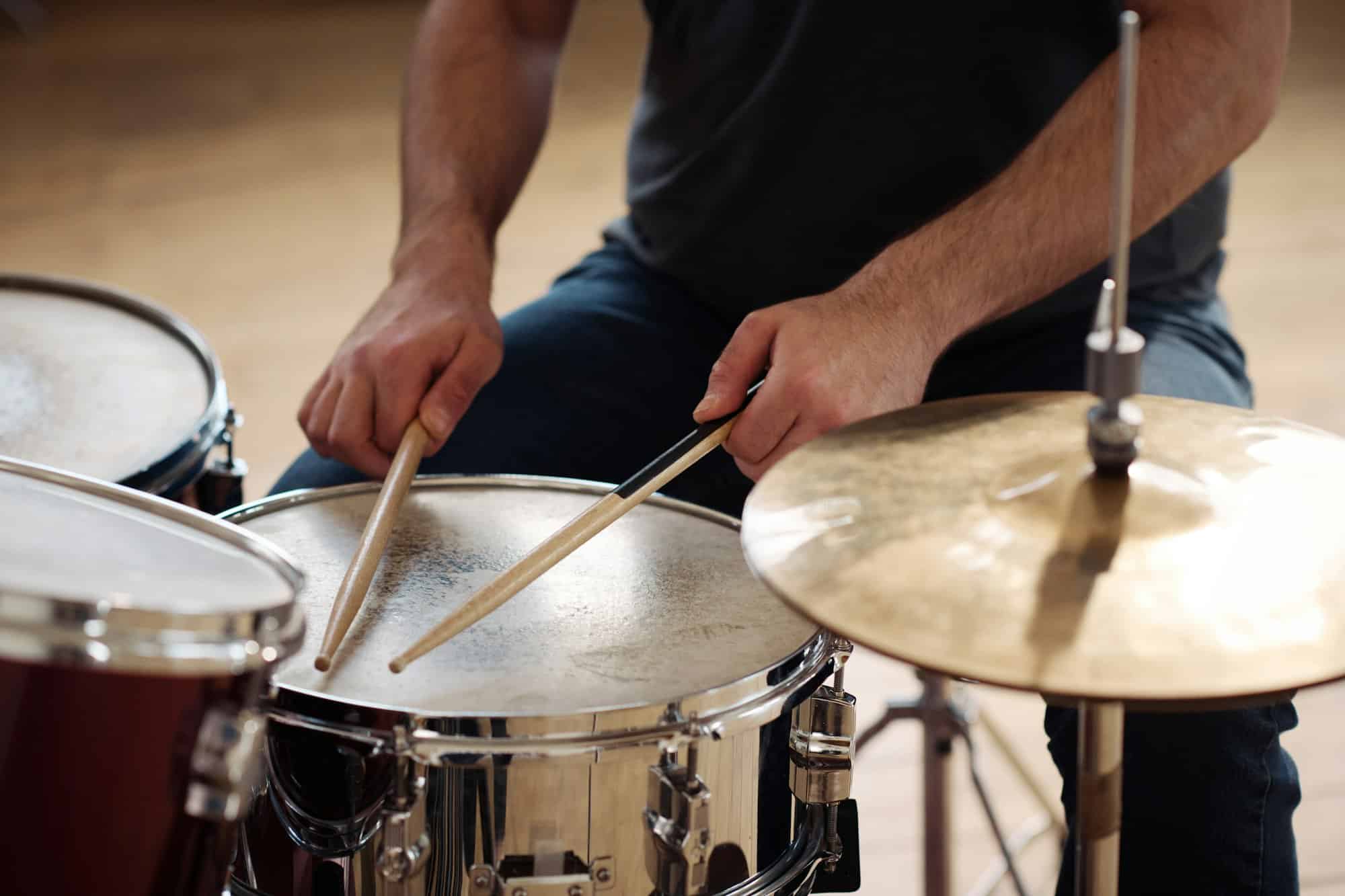How Can Community Drumming Circles Impact Social Connectivity and Mental Health?

Community drumming circles are becoming increasingly popular across the globe. Beyond the joyful rhythm and harmonious music they generate, these group activities also have the potential to positively affect participants’ mental health and social connectivity. The effects of drumming in a group can be remarkable, with many people finding solace, comfort, and community within these circles. In this article, we will delve into how drumming in a group can impact mental health and foster social connectivity, backed by studies and scholarly views.
Drumming and Mental Health
Let’s first talk about drumming and mental health. The very act of holding a drum and producing rhythmical beats can be deeply therapeutic for many individuals. The sound of the drum, the vibration it produces, and the act of creating music can provide significant mental health benefits.
Dans le meme genre : What Are the Benefits of a Plant-Based Diet for Reducing Inflammation in Autoimmune Diseases?
A study conducted by a group of scholars that was published on Google Scholar pointed out that participants who engaged in group drumming sessions showed improvement in their mental health scores over a baseline period of 6 weeks. This was compared to a control group who engaged in other social activities. The study noted significant reductions in stress and depression levels, suggesting that group drumming could serve as an effective community mental health intervention.
Moreover, drumming in a group setting can create a sense of belonging, reducing feelings of isolation and loneliness which often lead to mental health issues. The rhythm of drum music has a calming effect, reducing stress levels and releasing endorphins, the body’s natural painkillers that also create a sense of well-being.
A lire en complément : What Nutritional Considerations Are Crucial for Adolescent Athletes During Peak Growth Phases?
The Social Impact of Group Drumming
The social impact of group drumming cannot be overstated. When people come together to create music, a unique social bond is formed. This bond can help combat social isolation, foster community spirit, and improve the overall quality of life for the participants.
Community drumming circles are not just about making music. They are about bringing people together from diverse backgrounds, creating an inclusive environment where everyone is welcome. This inclusivity can help to break down social barriers and foster a sense of community connection and togetherness.
In a recent study, the scholars observed the social interactions and connections formed in a community drumming group over a period of 12 weeks. The results showed an increase in positive social interactions and a stronger sense of community among the participants. This confirms the idea that drumming in a group setting can play a crucial role in strengthening social connectivity.
Drumming and the Community Wellness Model
The Community Wellness Model is a holistic approach that focuses on the promotion of health and well-being within the community through various activities. Within this model, group drumming circles can play a significant role.
The rhythm and music created during a drumming session can evoke a meditative state, promoting mindfulness and focus. This can contribute significantly to the overall wellness of the individuals and the community at large.
A study conducted over a period of 10 weeks with the involvement of a community drumming group showed a notable increase in participants’ feelings of wellness and happiness. This further solidifies the role of group drumming circles within the community wellness model.
The Therapeutic Potential of Drumming
The therapeutic potential of drumming is vast. It offers numerous benefits, including stress relief, improved focus, and a boost in self-esteem. These elements are critical in contributing to the overall mental well-being of an individual.
Anecdotal evidence has suggested that drumming could potentially serve as a non-pharmacological intervention for a range of mental health issues, such as anxiety and depression. When combined with traditional therapeutic methods, drumming can complement these approaches, offering a well-rounded, holistic treatment plan.
Scholars have pointed out that drumming can provide a creative outlet for self-expression, helping individuals to communicate their emotions in a healthy and constructive way. This can boost individuals’ self-esteem and confidence, contributing significantly to their mental health.
In conclusion, it’s clear that group drumming circles are more than just a fun social activity. They offer a range of benefits that can significantly enhance social connectivity and mental health. Therefore, they should be considered as potential community-based interventions for mental health issues.
The Role of Drumming in Enhancing Social Resilience
Understanding the role drumming plays in enhancing social resilience is equally crucial. Generally, resilience refers to the ability to bounce back from adversarial situations or cope with ongoing stressors. In a social context, it means the capacity of individuals or communities to maintain or regain their social well-being in the face of challenges.
Community drumming circles can play a vital role by enhancing social resilience. This is particularly true in low income communities where individuals may face higher levels of chronic stress due to economic hardships. By participating in group drumming activities, individuals can tap into a shared experience that fosters unity, strength and resilience.
Scientists from the Royal College of Music conducted a study on the impact of group drumming activities on social resilience among low-income health service users. The evidence-based research, published in Google Scholar, showed that participants in the drumming group exhibited improved social resilience compared to the control group engaging in other social activities.
Participants in the drumming circles reported an enhanced capacity to create and maintain supportive social networks. It also improved their ability to adapt to change and cope with stressors, thus underpinning the therapeutic potential of drumming circles as a public health intervention.
Drumming Circles as an Emerging Form of Music Therapy
Drumming circles are increasingly being recognized as an effective form of music therapy. The beauty of this form of therapy is that it doesn’t require individuals to have musical training or talent. It’s more about the process than the product, focusing on the act of creating, engaging, and responding to music within a group setting.
In a study by the College of Music, researchers discovered that drumming circles facilitated emotional expression, enhanced mood, and provided an outlet for communication. The rhythmic interplay among the group members was found to promote a sense of unity, bonding, and shared purpose.
Interestingly, the act of drumming has been found to have physiological benefits as well. According to a study published on Google Scholar, drumming can stimulate the release of anti-inflammatory cytokines, which help the body combat stress and inflammation. This further emphasizes drumming circles’ ability to influence both mental and physical health.
Moreover, the inclusive and participatory nature of drumming circles makes them an ideal tool for engaging individuals who may otherwise feel isolated or marginalized. By promoting participation, enhancing social emotional connections, and fostering a sense of belonging, drumming circles can potentially make significant contributions to public health strategies targeting mental well-being.
In Conclusion
Group drumming circles present promising potential for enhancing social connectivity and mental health. The sound of the drum, the rhythmic patterns, and the collective spirit can create a unique therapeutic environment that encourages connection, fosters resilience, and promotes mental well-being. Recognizing their potential, health services and communities should look at incorporating drumming circles into their wellness models and therapeutic strategies. This will ensure a more holistic, community-centered, and inclusive approach to mental health intervention. The drum circle is therefore not just a means of creating music, but also a tool for creating harmony within our own selves and the community at large.
